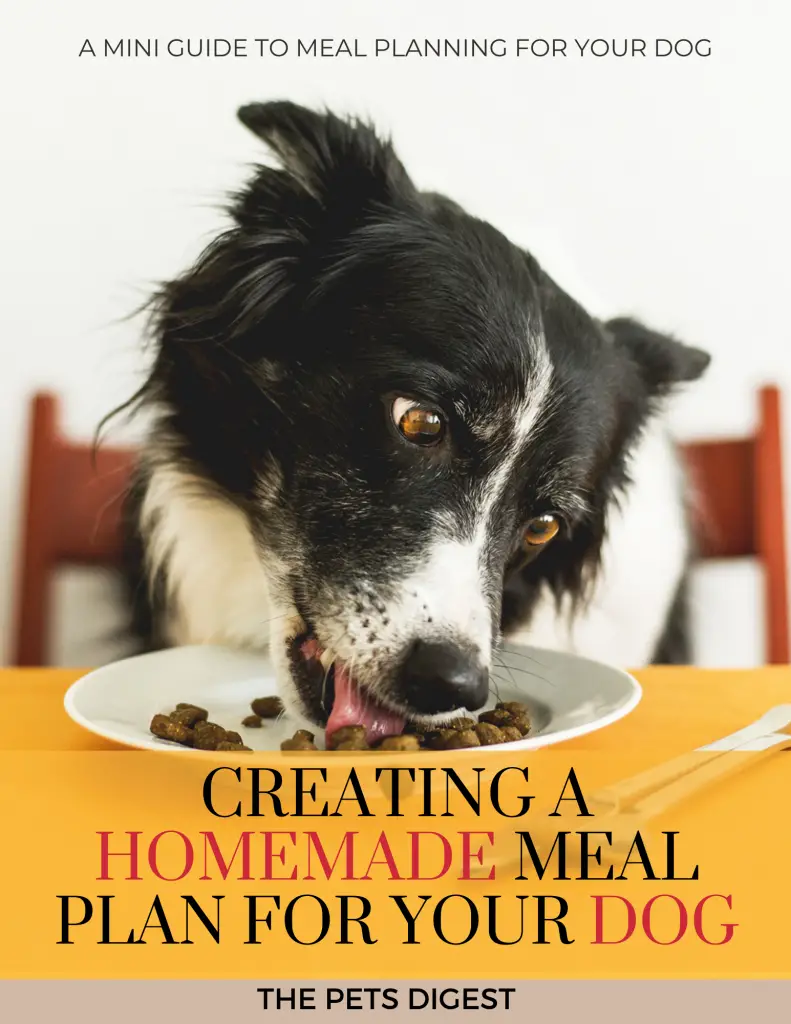1. Make sure you are feeding balanced meals
Many times pet owners are unknowingly feeding their dogs meals that aren’t balanced. If you are creating your dog’s meals at home I would speak with a veterinary nutritionist about the meals you develop and check the website BalanceIt to ensure you are feeding a well-balanced meal.
2. Nix the fat
When I’m feeding my dog’s homemade meals I always make sure to boil all of the fat out. This is usually a process you will need to do for meats, especially beef. Make sure to boil the meals and once done skim off all of the excess fat.
3. Stages of life matter

Keep in mind that stages in life matter when feeding your pet. If you have a senior pet or a puppy there are going to be some differences in each meal.
4. It’s not always the cheaper option
If you are looking for a more cost effect food option for your pet, just know that homemade diets aren’t always the first place many will look. It is optimal if you are able to feed your pet a whole food diet with organic and natural ingredients, which can be quite costly.
5. Don’t forget to supplement

Many owners will need to add supplements to their pets meals in addition to the food that they feed. For a list of supplements that are usually added to homemade meals for pets you can read this blog article.
6. Use fresh whole foods

As stated above you want to use as many fresh, whole foods as possible in your pet’s homemade meals. This means that you aren’t solely using your leftovers or meat organs to feed your pet. In fact, many times when I’m making my own meals, I’ll just use the ingredients that they can eat and make their dinners.
7. Make the switch slowly
If you are switching your dog or cat over from a kibble diet to a homemade diet make sure to introduce the new diet slowly to ensure there is minimal stomach upset.
8. Use small bites

Always chop up your pet’s food into the smallest bites possible. This is especially true if you have a dog that likes to gulp their food instead of chewing it. One of my dogs is so greedy that he will practically inhale anything you put in front of him. Chopping the food into small pieces helps prevent choking, eating too fast, and overeating.
9. Disease processes
If your dog or cat has a disease such as kidney disease, diabetes, or pancreatitis you should always keep that in mind when creating homemade diets for your pet. This is because certain ingredients like oxalates, salt, and fat can cause their diseases to flare up and will make them sick.
10. Every dog and cat is different

What works for one dog or cat may not work for your pet, so when scouring the internet for recipes keep this in mind. If you notice that your pet has stomach upset or pain discontinue using a diet. If you notice vomiting or diarrhea make sure to speak with your vet as soon as possible!
Seeking to place your dog or cat on a homemade diet? Speak with your vet first!


























































































































